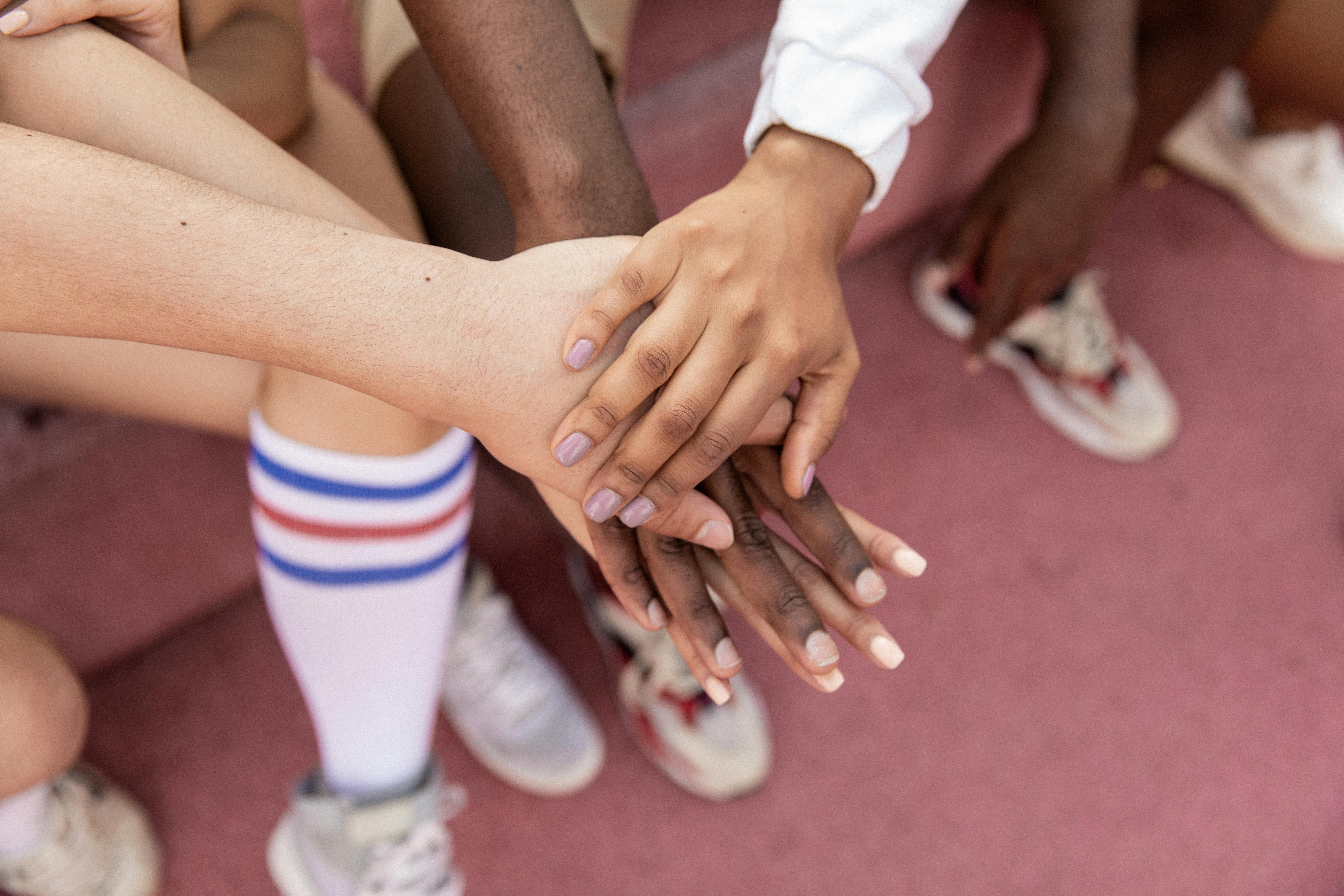Social gender norms tell us that men should be strong, virile, and masculine. They are not supposed to be weak, indecisive, or, God forbid, sensitive.
At least that’s what stereotypes and gender binaries tell us. But such rules are human conventions, and humans are, of course, imperfect beings. One should always consider the source from which they get their gender roles.
Yet this mythologized concept of masculinity has been commonplace in almost every civilization in the world for millennia. Even today, in our post-feminist world, the super masculine with its unrestrained sexual prowess and penchant for violent action movies (again, stereotypes) still saturate our daily lives. Take a look at an alcohol ad sometime and you’ll see what we mean: scantily clad women, sports themes, and manly men. Yes. It’s pretty cheeky.
If one were to search for Dos Equis’ literary epitome “The Most Interesting Man in the World,” one would easily come across Beowulf. Beowulf, the old English epic about a heroic warrior who slays dragons, menacing monsters and even his overbearing mothers, is loaded with ancient testosterone. It’s certainly no surprise that Hollywood producers thought of making Beowulf into a movie and casting a sexy Angelina Jolie, even though he’s supposed to be an ugly monster. Beowulf’s masculine vibe comes, of course, from his strength, skill and success. In fact, strength is a main theme of the poem. It would have to be, if the warrior in the story needs to live to the end. Beowulf the man goes to great lengths to demonstrate his skill and strength: he swims to the bottom of lakes, saves entire villages, and even slays Grendel in hand-to-hand combat when he could have used his sword. . He’s a bit of a braggart, but you have to flaunt what your mom gave you.
While Beowulf stands as the man of English literature, genre and strength become more complicated as time passes in literary canons. For example, take John Steinbeck’s Of Mice and Men. In the novel, the men are constantly undermined or made to appear weak, creating a tense story and plot in the equally debilitating Great Depression. Lenny, though extremely strong in body, is also extremely weak in mind. His friend George has no financial power to achieve his and Curley’s dream of owning his own ranch. Well, Curley has a Napoleon complex that causes him to overcompensate for his short stature with endless bullying and bellicose behavior, all in an effort to assert his manhood, despite the ex-boxer’s hand later being symbolically crushed like a can of soda.
These foibles, of course, feed into the novel’s overall psychological and social commentary about the time when the country’s economic woes left a once powerful and dare I say masculine nation weak and unstable. Furthermore, masculine weaknesses also reveal the confidence and pride that men are believed to derive from masculine abilities. They pay for sex or abstain from female relationships, like George, suggesting a lack of virility that comes with masculinity. They are essentially powerless, the antithetical situation to masculinity. They all try hard to be Beowulfs, but end up being Lennys and Georges. Whether it’s a gang like in The Outsiders or a group of impoverished men in the great depression, everyone wants to feel like Beowulf. At least that’s what social gender norms tell us.
